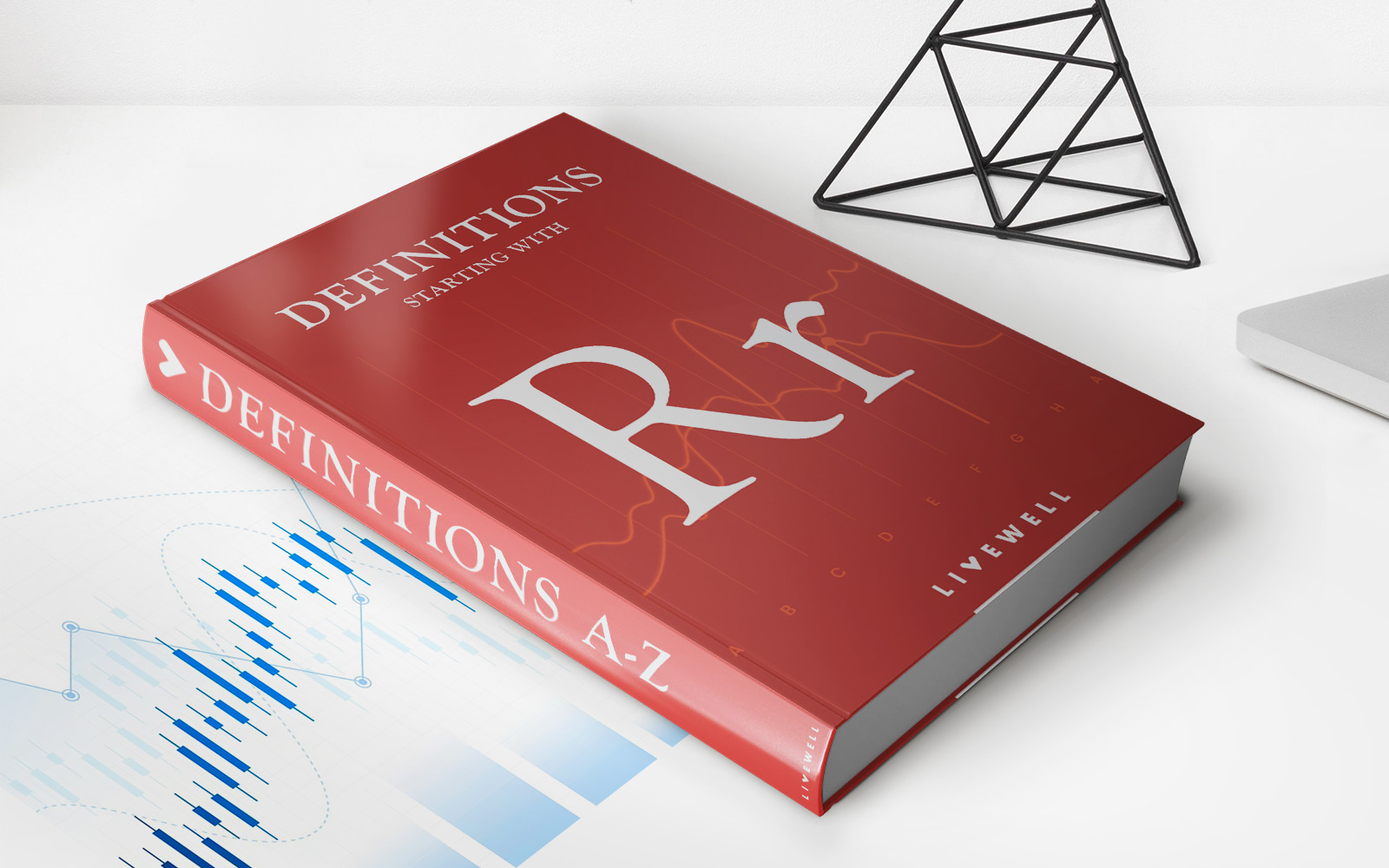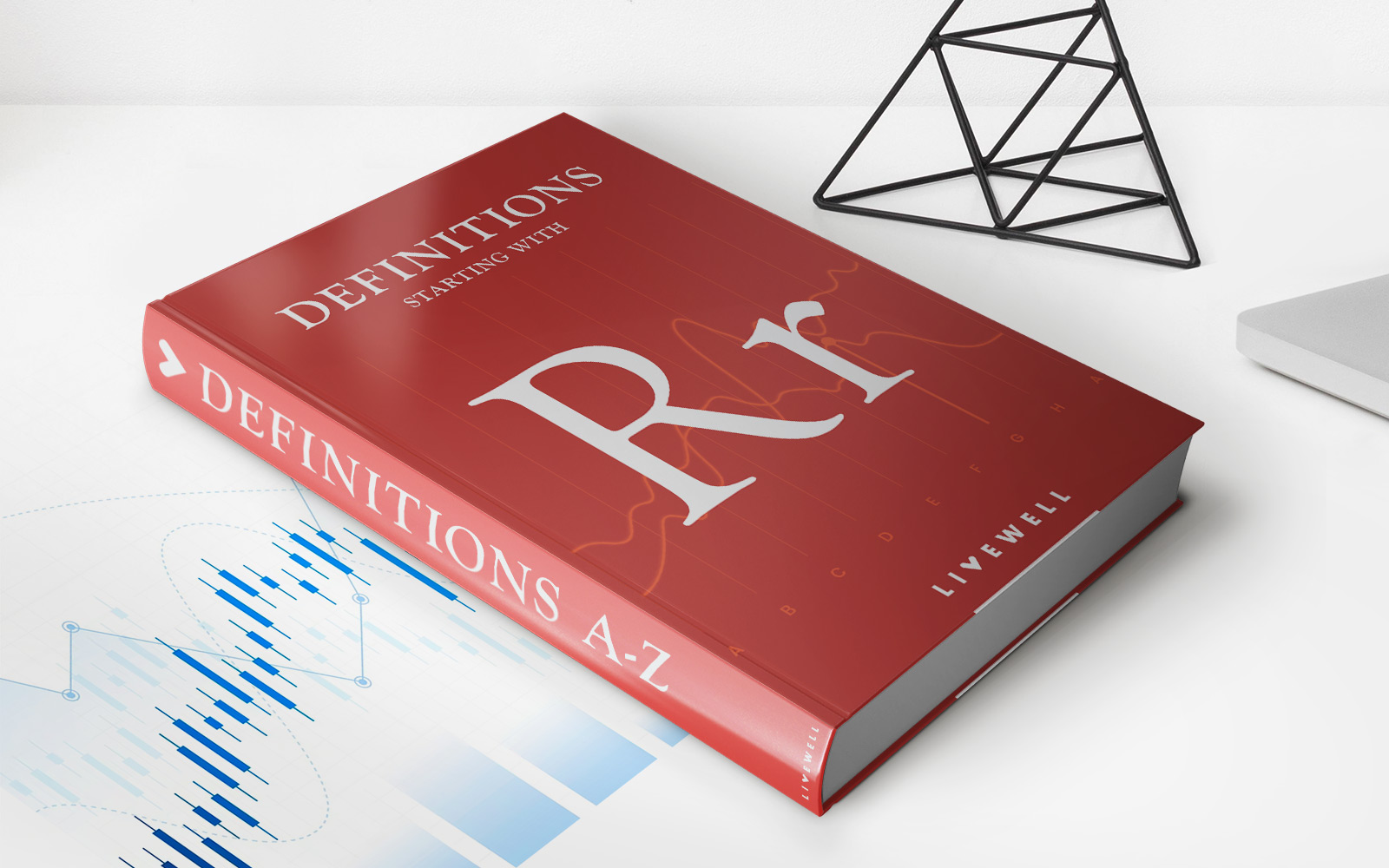

Finance
Valuation Reserve Definition
Published: February 15, 2024
Discover the meaning of valuation reserve in finance and how it impacts financial statements. Gain insights into its importance and usage.
(Many of the links in this article redirect to a specific reviewed product. Your purchase of these products through affiliate links helps to generate commission for LiveWell, at no extra cost. Learn more)
Valuation Reserve Definition: What You Need to Know
Welcome to our Finance category! Today, we’ll be diving into the world of valuation reserves and uncovering their meaning and significance in the financial landscape. Whether you’re a seasoned investor or just starting out in the world of finance, understanding valuation reserves is crucial to make informed decisions about your investments.
Key Takeaways:
- A valuation reserve is an accounting concept used to anticipate potential losses in an investment’s value.
- Valuation reserves serve as a buffer to mitigate the impact of unforeseen market fluctuations on a company’s financial statements.
So, what exactly is a valuation reserve? In simple terms, it is an accounting provision set aside by a company to account for potential future losses in the value of an asset or investment. Valuation reserves act as a safety net, allowing companies to protect themselves from unexpected downturns in the market.
Valuation reserves are most commonly used in financial statement reporting to ensure that a company’s assets are fairly valued. By anticipating potential losses, companies can accurately represent the true value of their investments, even in volatile market conditions.
Here are a few key points to remember about valuation reserves:
- Protection against fluctuating market conditions: Valuation reserves provide companies with protection against unexpected changes in the market. By setting aside reserves for potential losses, companies can maintain stability in their financial statements even during turbulent economic times.
- Accurate representation of asset values: Valuation reserves enable companies to present a more accurate picture of their assets’ value on their balance sheets. This transparency is crucial for investors, creditors, and other stakeholders who rely on financial statements to make informed decisions.
- Legal requirements and regulatory compliance: In some cases, certain industries or regulatory bodies may require companies to maintain valuation reserves as part of their reporting obligations. Compliance with these regulations ensures transparency and accountability.
- Investment risk management: Valuation reserves help companies manage their investment risks by accounting for potential declines in the value of their holdings. By being prepared for possible losses, companies can take appropriate actions to minimize their negative impact on overall financial performance.
In conclusion, valuation reserves are an essential tool for companies to safeguard their financial stability, accurately represent asset values, comply with regulations, and effectively manage investment risks. By understanding the concept and importance of valuation reserves, investors and financial professionals can make more informed decisions and navigate the complex world of finance with confidence.
Stay tuned for more insightful articles in our Finance category. We’re here to help you stay informed and empowered in your financial journey!














